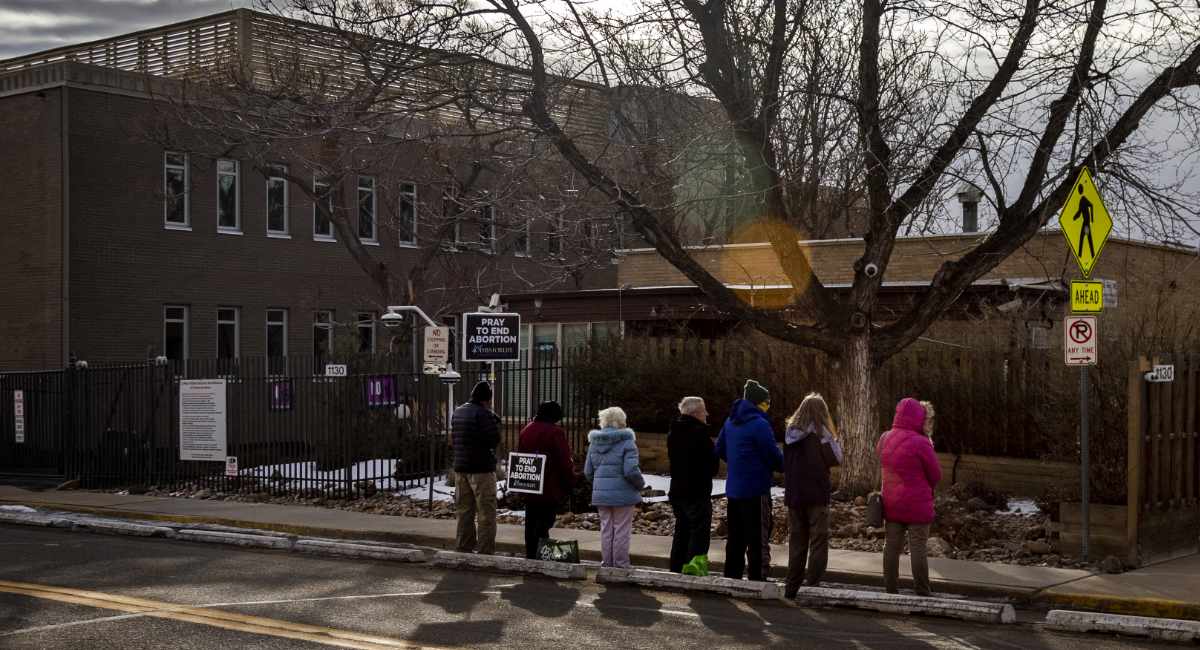A Colorado woman sued the state of Colorado, along with the cities of Denver and Englewood, in federal court Thursday. She claims that a state law and municipal ordinances establishing a buffer zone around abortion facilities violate her First Amendment rights.
Wendy Faustin of Denver said that she hopes to have “close, personal conversations” with women who are entering and leaving abortion facilities, but the state’s current law prevents her from doing so. She is being represented in her suit by Roger Byron of the First Liberty Institute.
“The government may not target life-affirming speech simply because it disagrees with the message. That is unlawful viewpoint discrimination,” Byron said in a statement. “It should not be a crime to lovingly and compassionately approach another person to tell them about alternatives to abortion.”
According to 9 News and The Center Square, the state’s buffer zone law has been in effect since 1993, with updates added in 2022. It limits activity within 100 feet of any healthcare facility — including abortion businesses. It also prevents a sidewalk counselor from getting within eight feet of a patient within that zone, unless the other person consents “for the purpose of passing a leaflet or handbill, to displaying a sign to, or engaging in oral protest, education, or counseling with such other person in the public way or sidewalk area.”
The initial law was previously challenged and upheld by the U.S. Supreme Court 23 years ago, though Faustin is filing the lawsuit in light of the 2022 overturn of Roe v. Wade.
“Distributing leaflets discussing abortion, its risks and implications, and its alternatives is core expression protected by the Free Speech Clause of the First Amendment,” the complaint states. “Orally discussing abortion, its risks and implications, and its alternatives with persons entering an abortion clinic is core expression protected by the Free Speech Clause of the First Amendment.”
“The First Amendment presumes it is unconstitutional for the government to restrict a private citizen’s expression because of ‘its message, its ideas, its subject matter, or its content,’” said attorney Charles Cooper. “The laws imposed by Colorado and Denver favor one message over another. That’s unconstitutional.”








